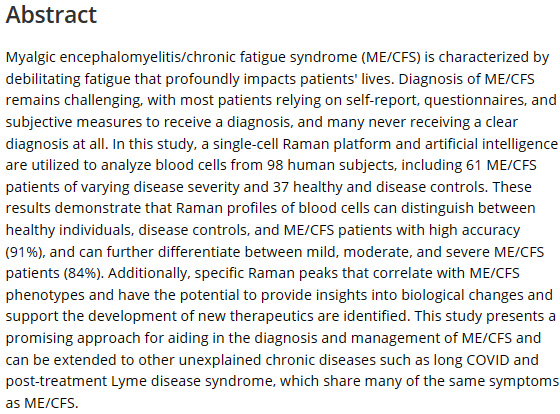A new definition for Long COVID that has been launched today by the National Academies in the US
5 pages of highlights from report:
#LongCovid #PwLC #postcovid #postcovid19
1/ nap.nationalacademies.org/resource/27768…
nap.nationalacademies.org/resource/27768…

5 pages of highlights from report:
#LongCovid #PwLC #postcovid #postcovid19
1/ nap.nationalacademies.org/resource/27768…
nap.nationalacademies.org/resource/27768…

2/
Infographic: Elements of the 2024 NASEM Long COVID Definition
The main page which hosts further links is here, "Examining the Working Definition for #LongCOVID":
#LC #Covidlonghaulers #PostCovidSyndrome #longhaulers #PASC nap.nationalacademies.org/resource/27768…
nationalacademies.org/our-work/exami…

Infographic: Elements of the 2024 NASEM Long COVID Definition
The main page which hosts further links is here, "Examining the Working Definition for #LongCOVID":
#LC #Covidlonghaulers #PostCovidSyndrome #longhaulers #PASC nap.nationalacademies.org/resource/27768…
nationalacademies.org/our-work/exami…

3/
Figure S-1 Definition figure: 2024 NASEM Long COVID definition
From:
A new definition for Long COVID that has been launched today by the National Academies in the US
#LongCovid #PwLC #postcovid #postcovid19 nap.nationalacademies.org/cart/download.…

Figure S-1 Definition figure: 2024 NASEM Long COVID definition
From:
A new definition for Long COVID that has been launched today by the National Academies in the US
#LongCovid #PwLC #postcovid #postcovid19 nap.nationalacademies.org/cart/download.…

4/
"Frequencies of new onset symptoms (in #PostCovid)
Among participants with #LongCOVID, the most common symptoms were post-exertional malaise (87%), fatigue (85%), brain fog (64%), dizziness or lightheadedness (62%), GI (59%), & palpitations (57%)."
From pp.46
#PwLC #PASC
"Frequencies of new onset symptoms (in #PostCovid)
Among participants with #LongCOVID, the most common symptoms were post-exertional malaise (87%), fatigue (85%), brain fog (64%), dizziness or lightheadedness (62%), GI (59%), & palpitations (57%)."
From pp.46
#PwLC #PASC

• • •
Missing some Tweet in this thread? You can try to
force a refresh












